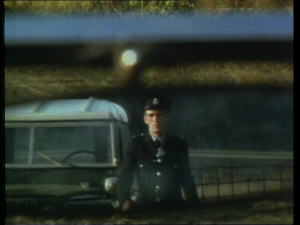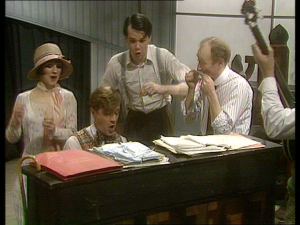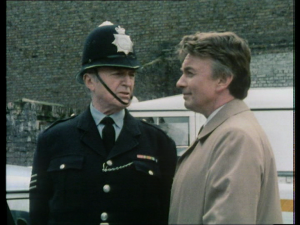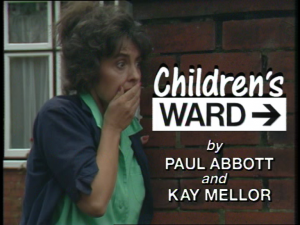by DAVID ROLINSON

As a festive, er, ‘treat’, here’s a much more facetious piece than this site usually runs, a DVD review (of Parkin’s Patch: The Complete Series), which apart from some revisions is reproduced from the excellent (but at this moment on hiatus) Tachyon TV website… There’s a moment in the episode ‘Lock, Stock and…’ when a character starts an alibi with “I took the whippet out”. This made me think two things: “until it has a Yorkshire edition, the CSI franchise is merely treading water” and “Parkin’s Patch is pretty much what I expected.” So, should you expect 26 half-hours of charming yet undemanding early evening telly with a local bobby investigating quirky and/or spiky Yorkshire folk? ‘Appen. And ‘appen not. There are some predictable, even ramshackle, moments, but there are also some lovely surprises that make Parkin’s Patch a bit of a treat.



